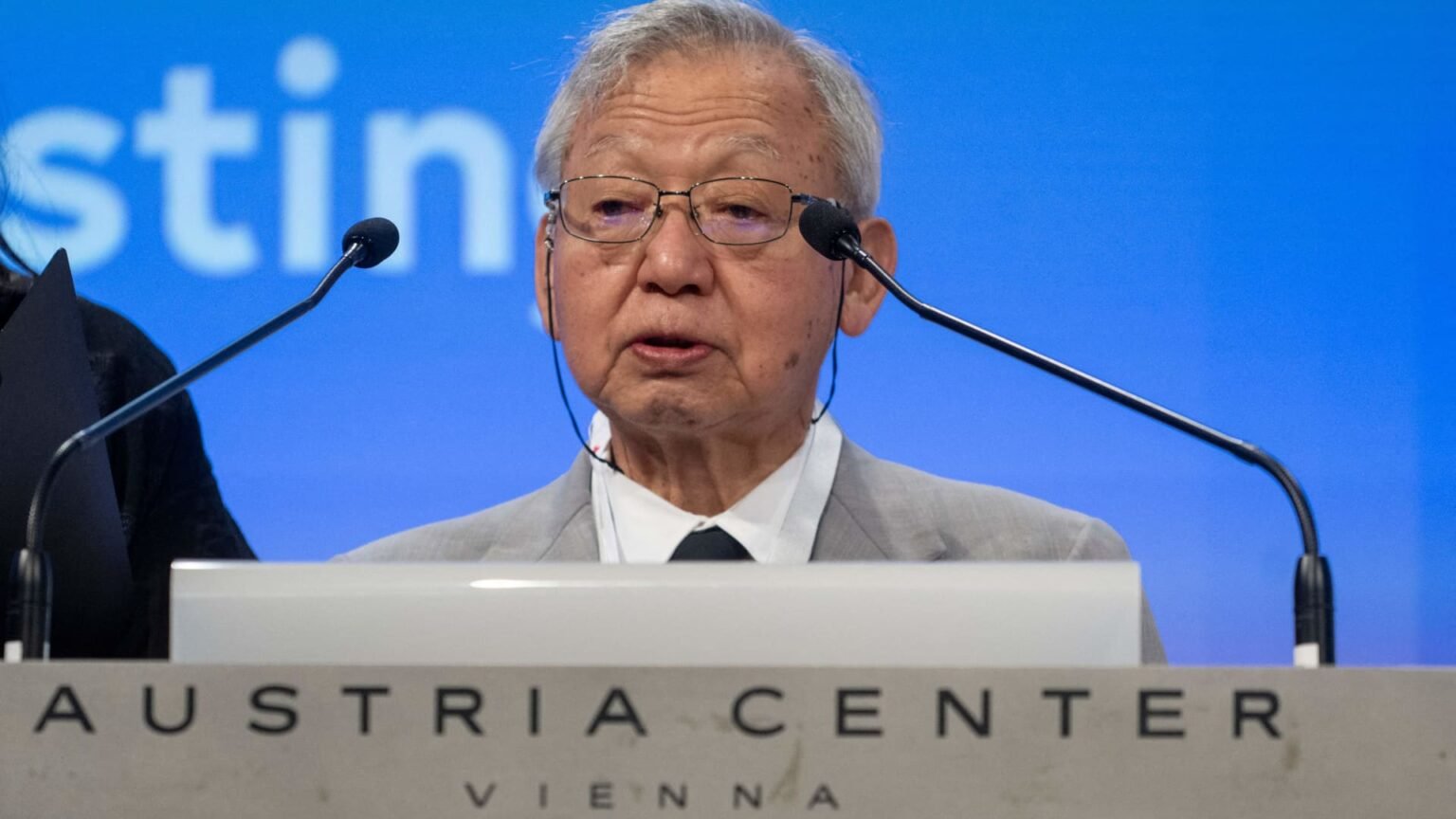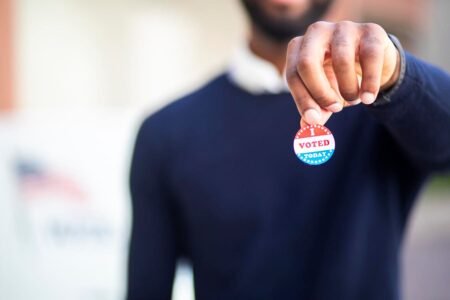Nihon Hidankyo, a Japanese atomic bomb survivor organization, was awarded the Nobel Peace Prize for its efforts to achieve a world free of nuclear weapons. Established in 1956 in response to the atomic bomb attacks of August 1945, the organization has worked tirelessly to raise awareness of the catastrophic humanitarian consequences of using nuclear weapons. The committee praised the organization for helping to develop a powerful international norm known as ‘the nuclear taboo’, which stigmatizes the use of nuclear weapons as morally unacceptable. The testimony of the Hibakusha, the survivors of Hiroshima and Nagasaki, has played a unique role in shaping this norm.
While it is encouraging that no nuclear weapon has been used in war for nearly 80 years, the committee expressed concern that the taboo against the use of nuclear weapons is under pressure in the current global climate. The Norwegian Nobel Committee noted that they had not been able to contact Nihon Hidankyo yet, but hoped to do so soon. The organization joins previous peace prize winners like the International Campaign to Abolish Nuclear Weapons (ICAN) in bringing attention to the issue of nuclear weapons. The presentation of the Nobel Prizes will take place in Oslo, Norway on Dec. 10, the anniversary of the death of Alfred Nobel.
Iranian human rights activist Narges Mohammadi was awarded the Nobel Peace Prize in 2023 for her fight against the oppression of women in Iran and her advocacy for human rights and freedom for all. Mohammadi, known for her work with the Defenders of Human Rights Center, was sentenced to an additional year in prison in June for her activism. The organization, which she serves as deputy director and spokesperson, promotes human rights and advocates for free and fair elections and due process of law. Mohammadi follows in the footsteps of Shirin Ebadi, the only other Iranian to have received the Nobel Peace Prize.
The awarding of the Nobel Peace Prize to Nihon Hidankyo and Narges Mohammadi highlights the ongoing efforts of individuals and organizations to promote peace, human rights, and nuclear disarmament. Both recipients have dedicated their lives to advocating for a more just and equitable world, and their work serves as an inspiration to others working towards similar goals. The recognition of Nihon Hidankyo emphasizes the importance of listening to the voices of survivors of nuclear attacks, and the urgency of preventing future use of these devastating weapons. Mohammadi’s award underscores the need for continued support for human rights defenders, especially in regions where their work is met with repression and resistance.
As we celebrate the achievements of Nihon Hidankyo and Narges Mohammadi, we are reminded that the fight for peace, justice, and nuclear disarmament is ongoing and requires the collective effort of individuals, organizations, and governments worldwide. The Nobel Peace Prize serves as a reminder of the progress that has been made in these areas, but also highlights the challenges that remain. By honoring those who have dedicated their lives to these causes, we are encouraged to continue working towards a more peaceful and just world for all. The legacies of Nihon Hidankyo and Narges Mohammadi will continue to inspire future generations to strive for a world where nuclear weapons are abolished, human rights are respected, and peace prevails.












